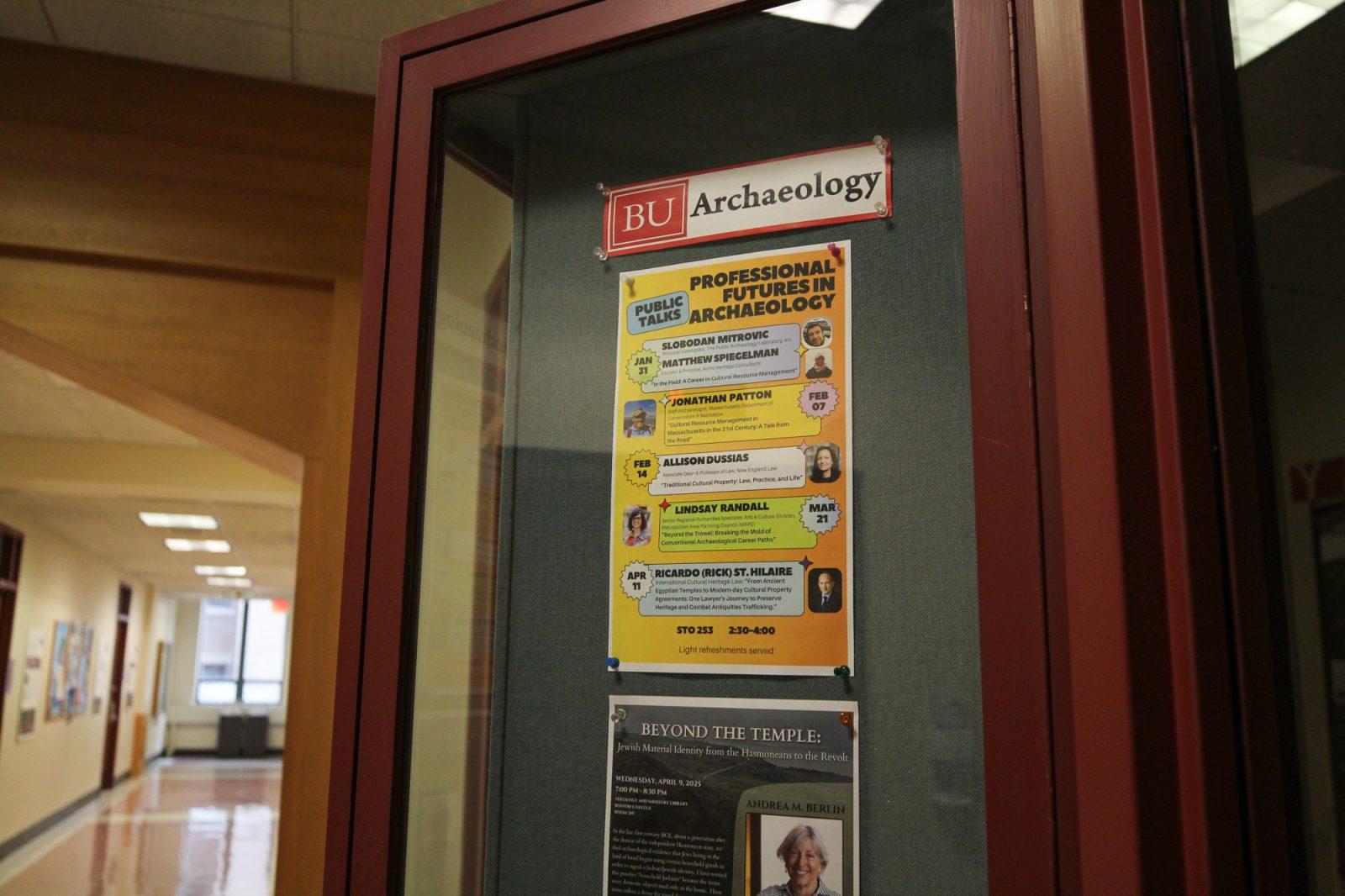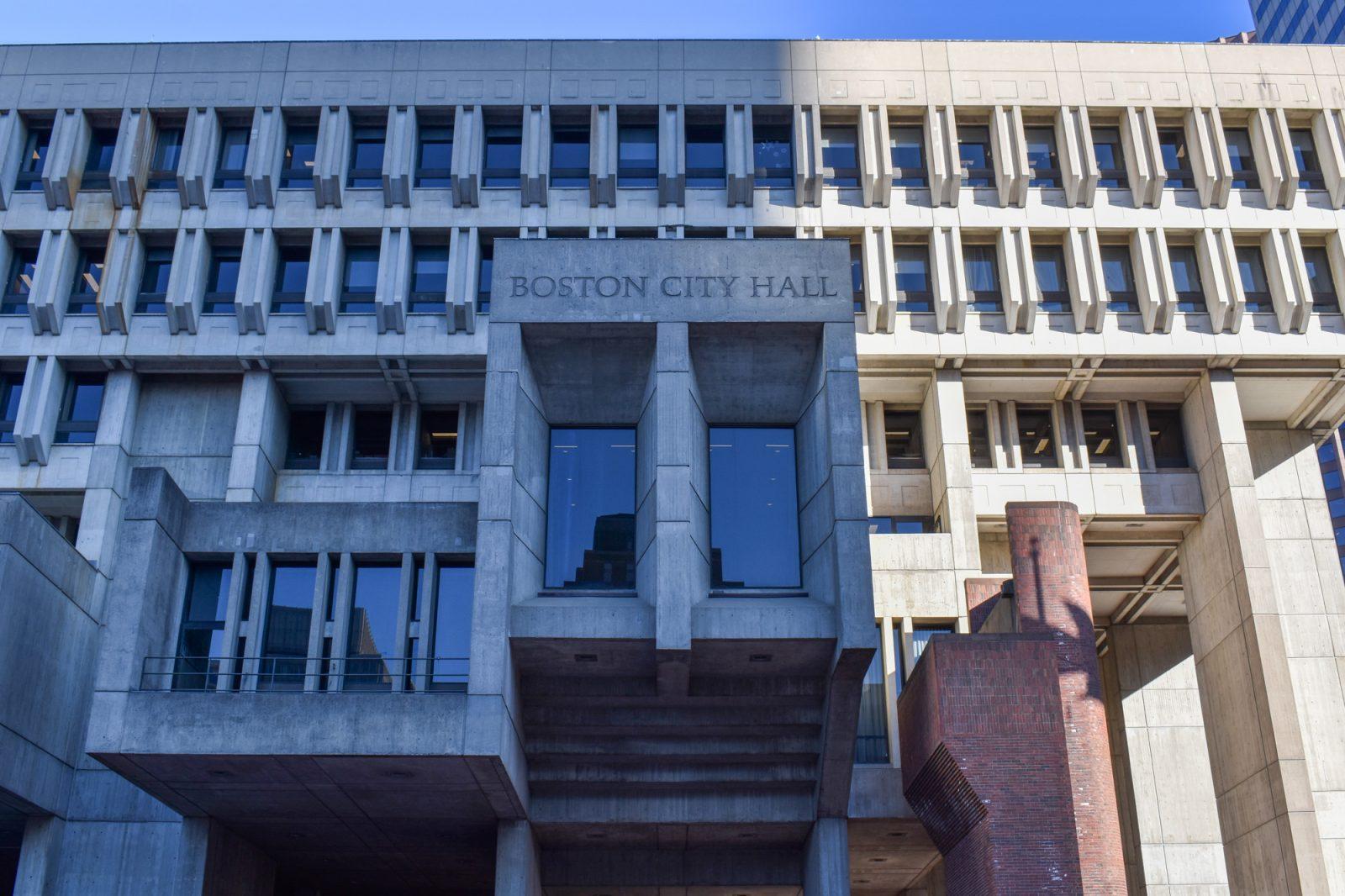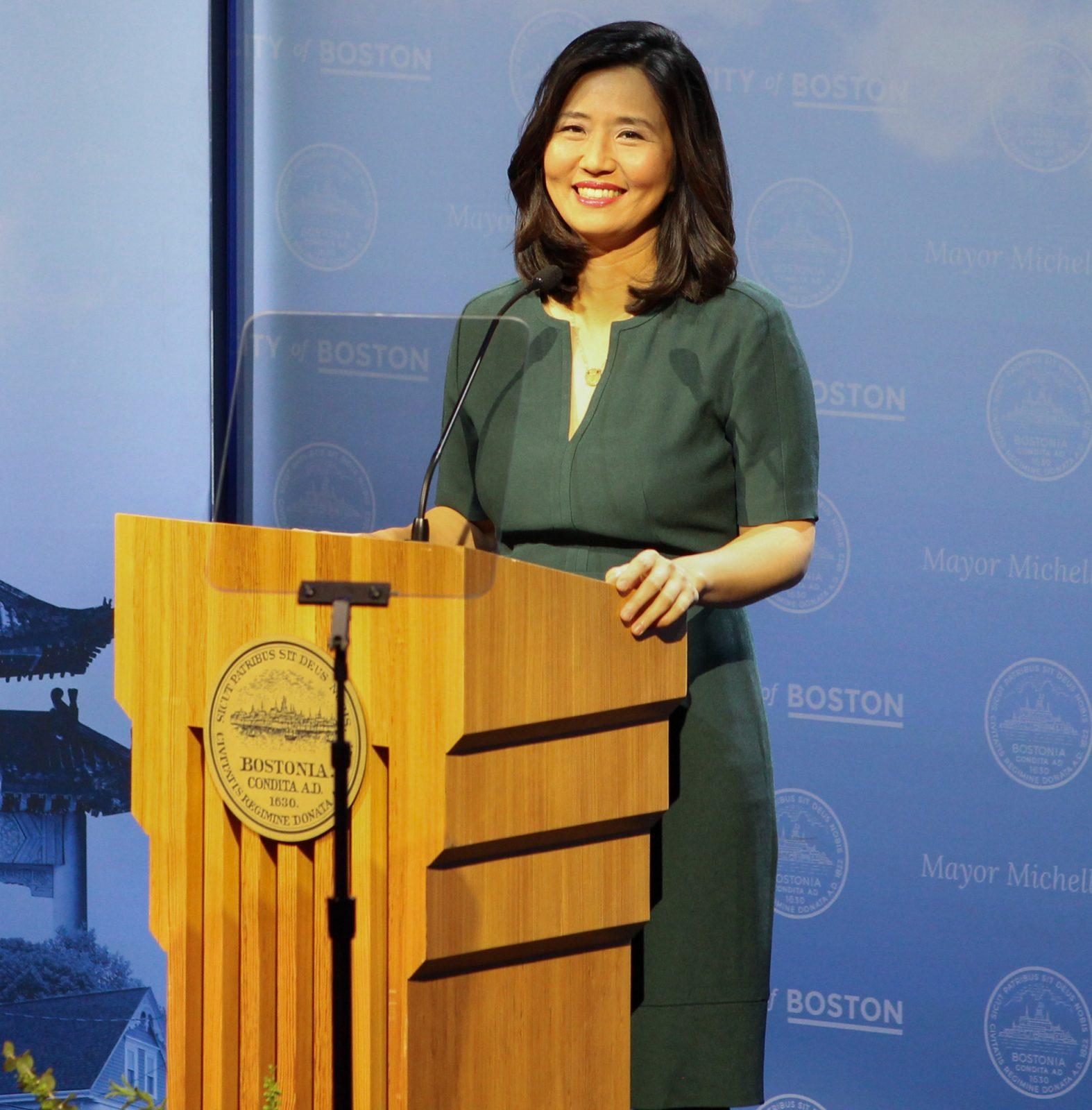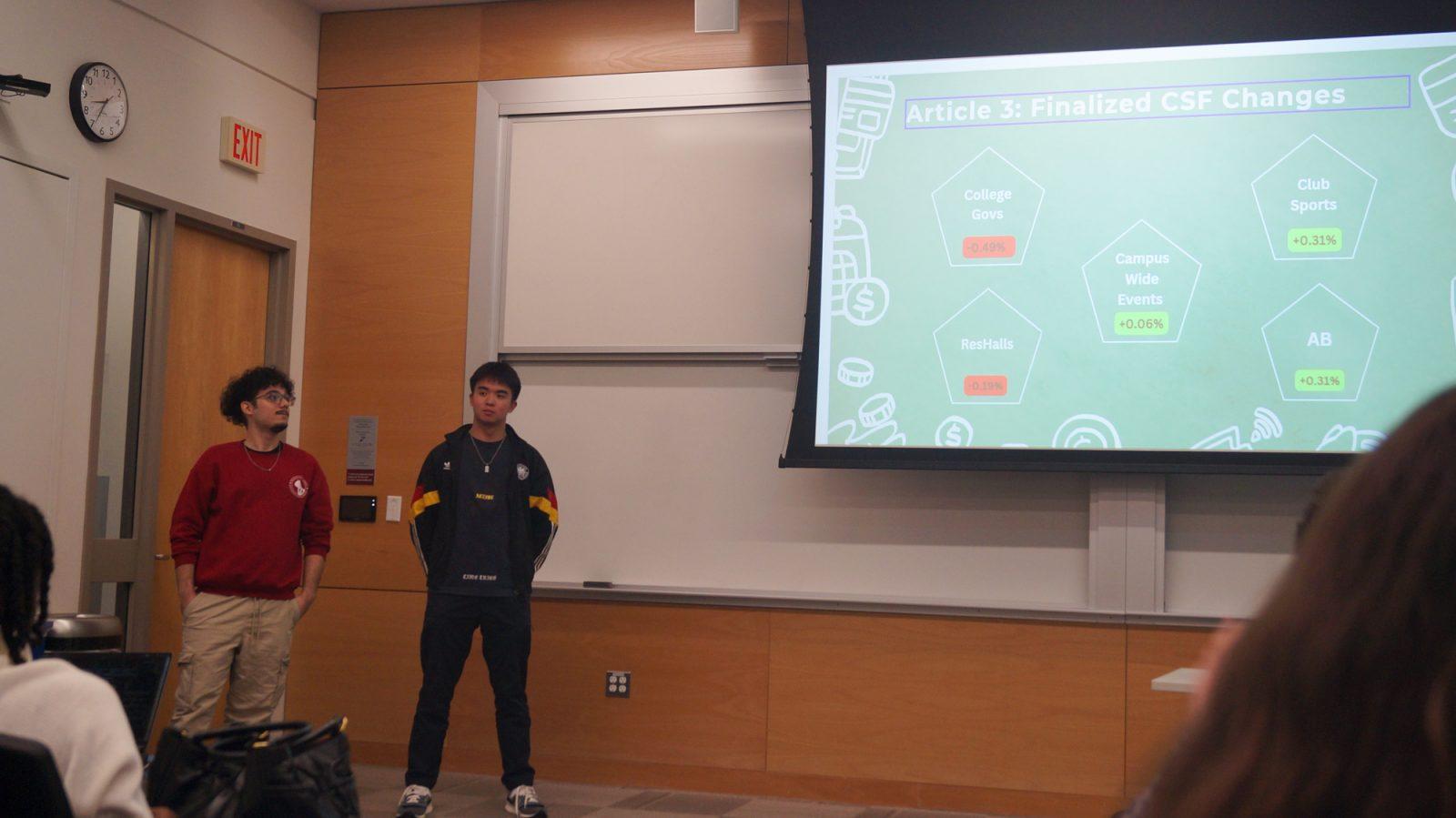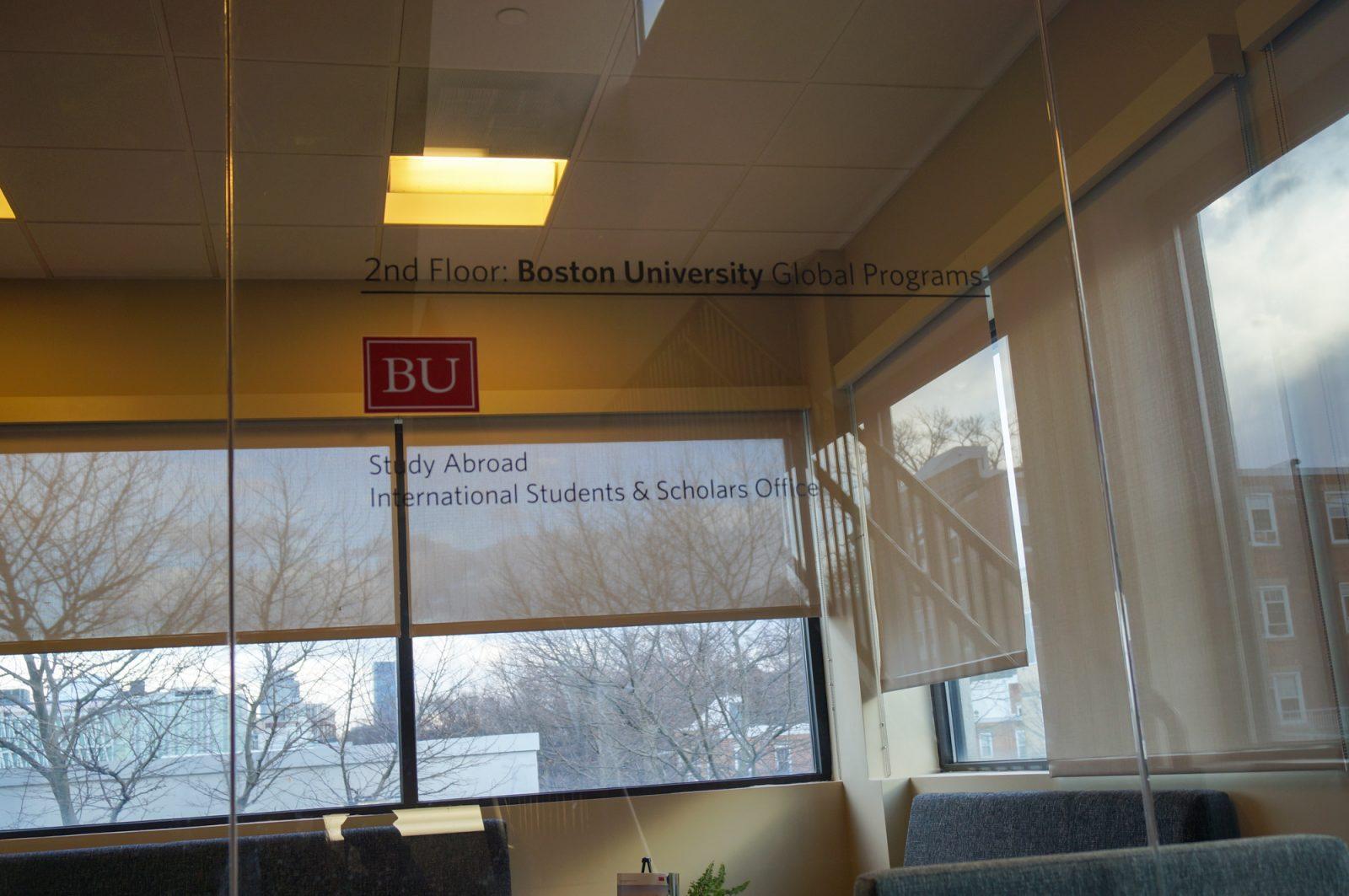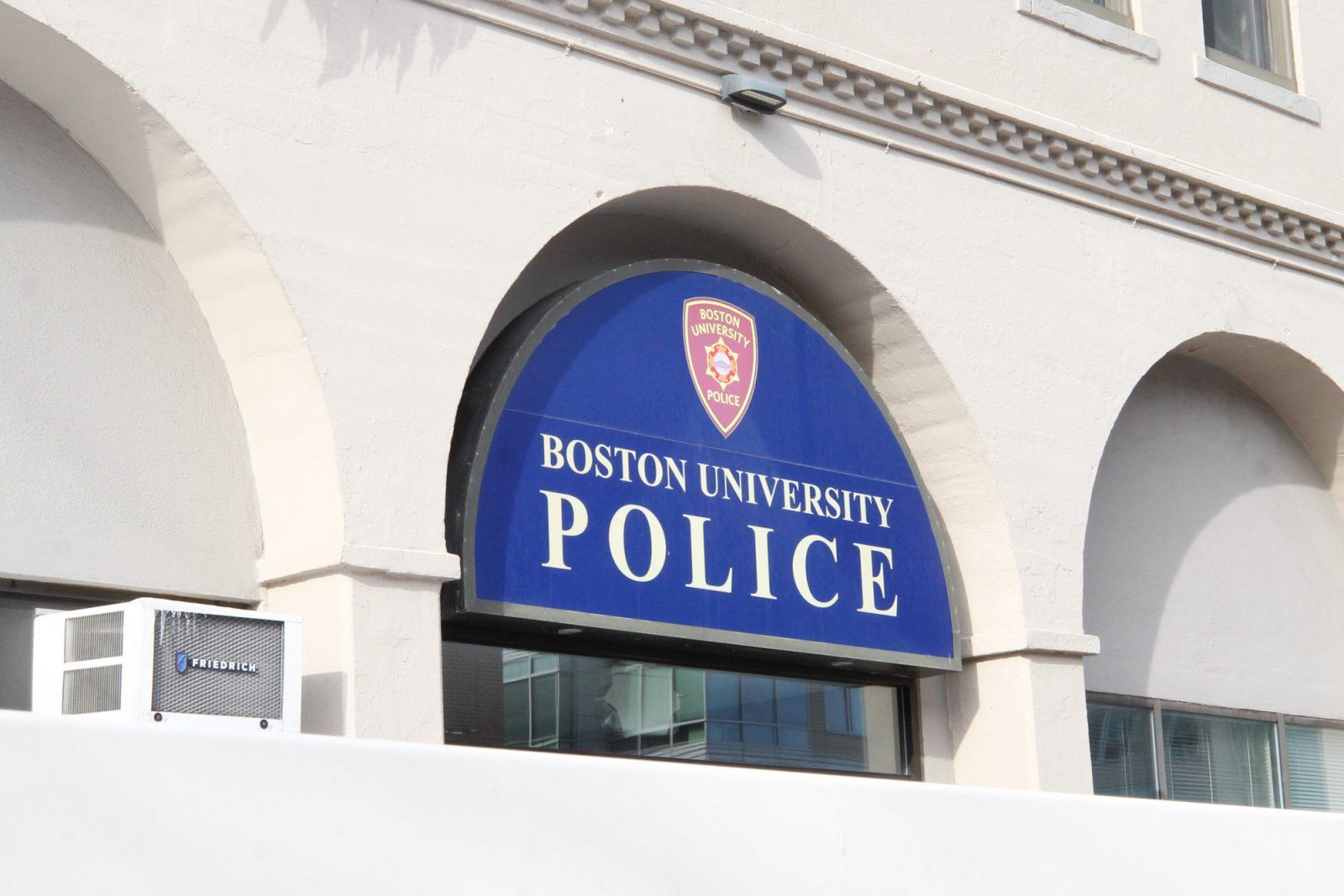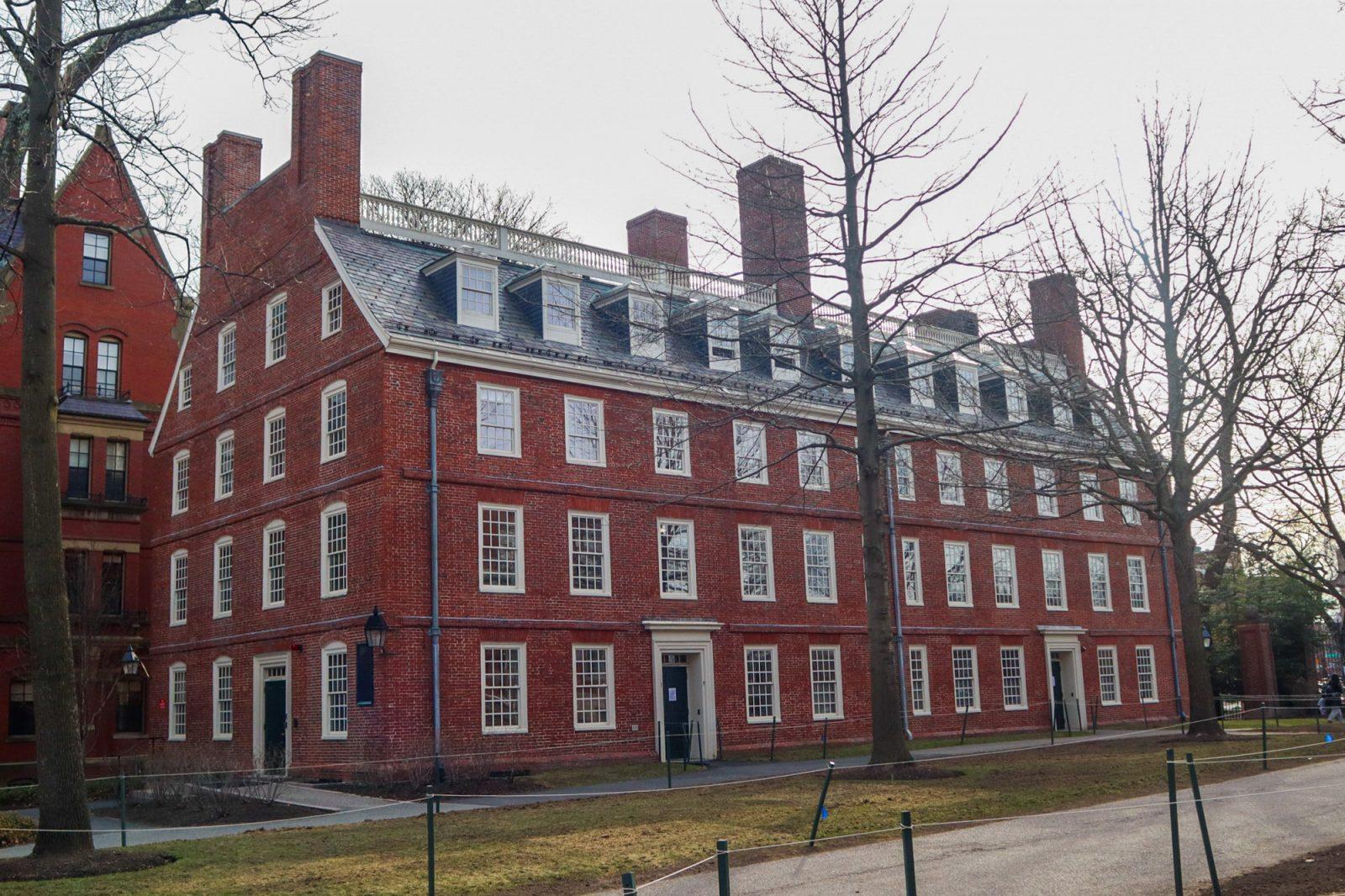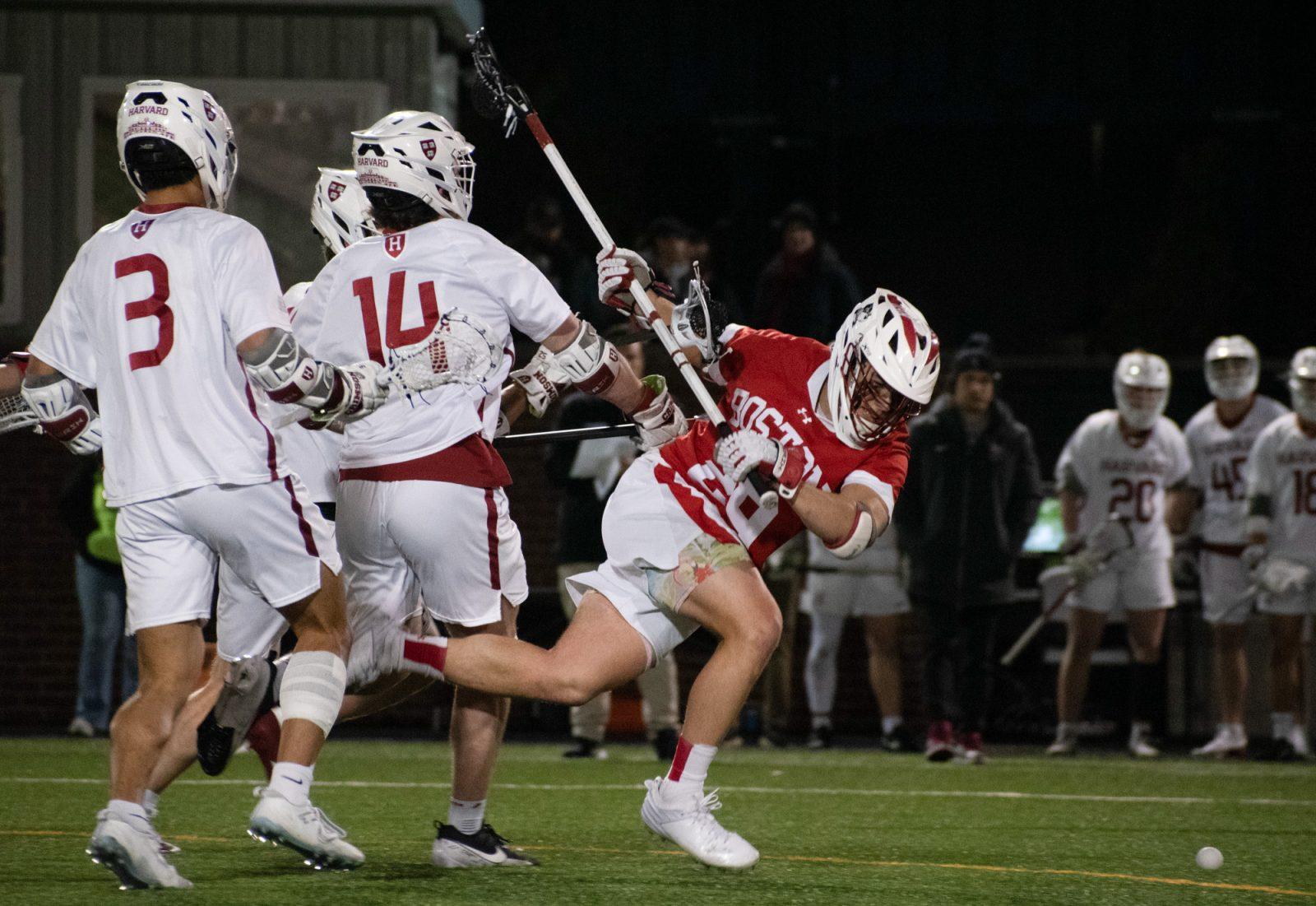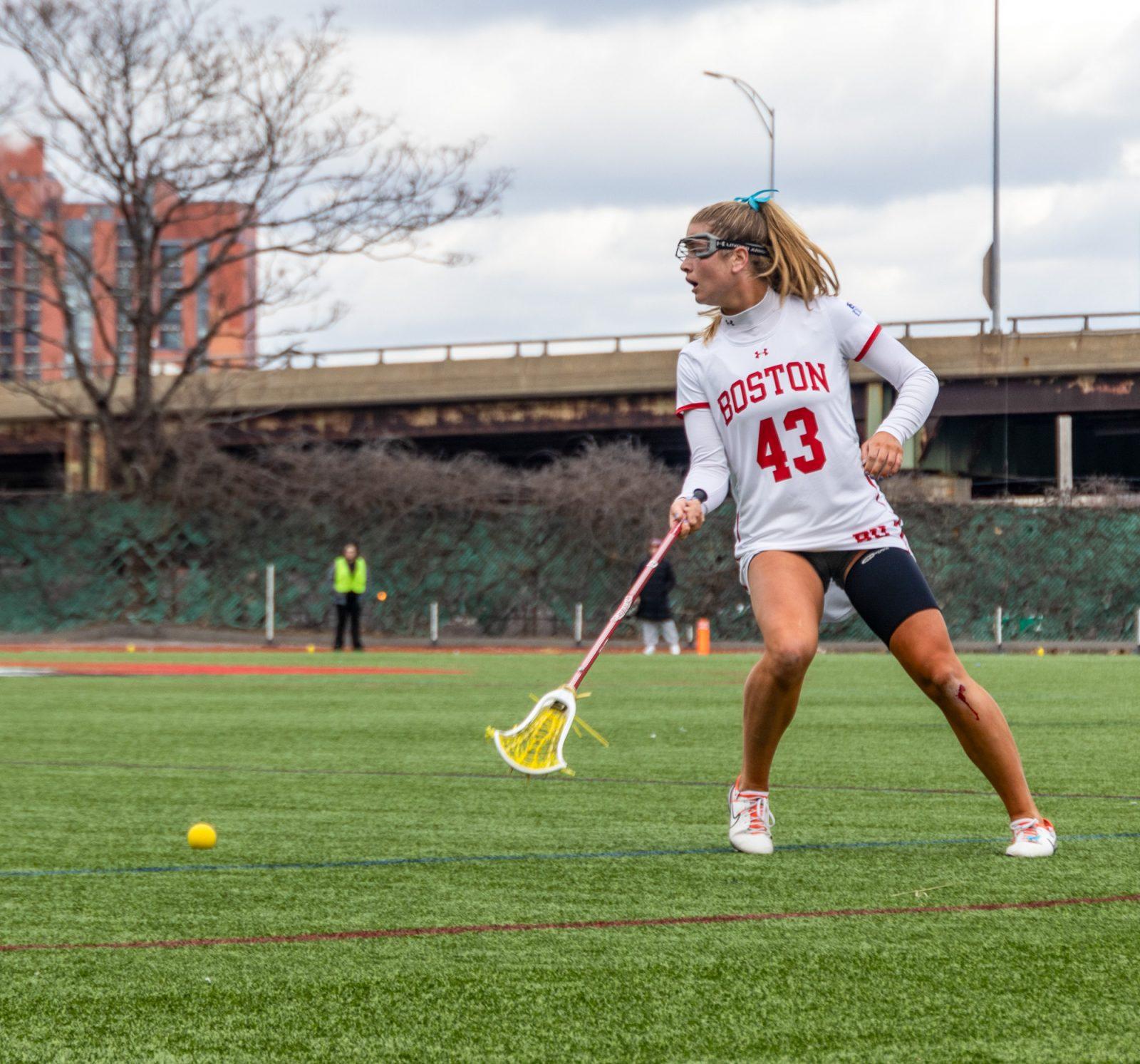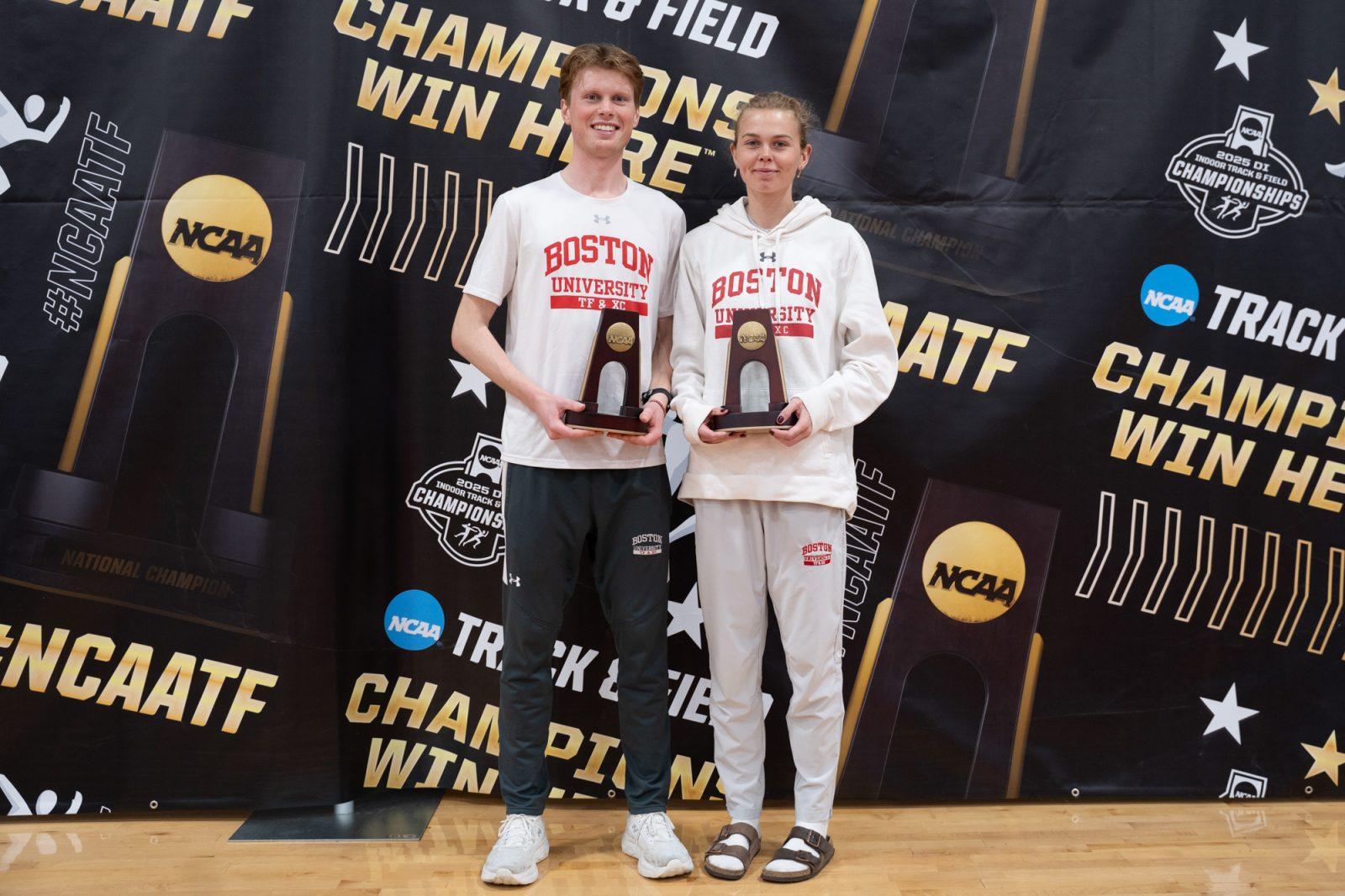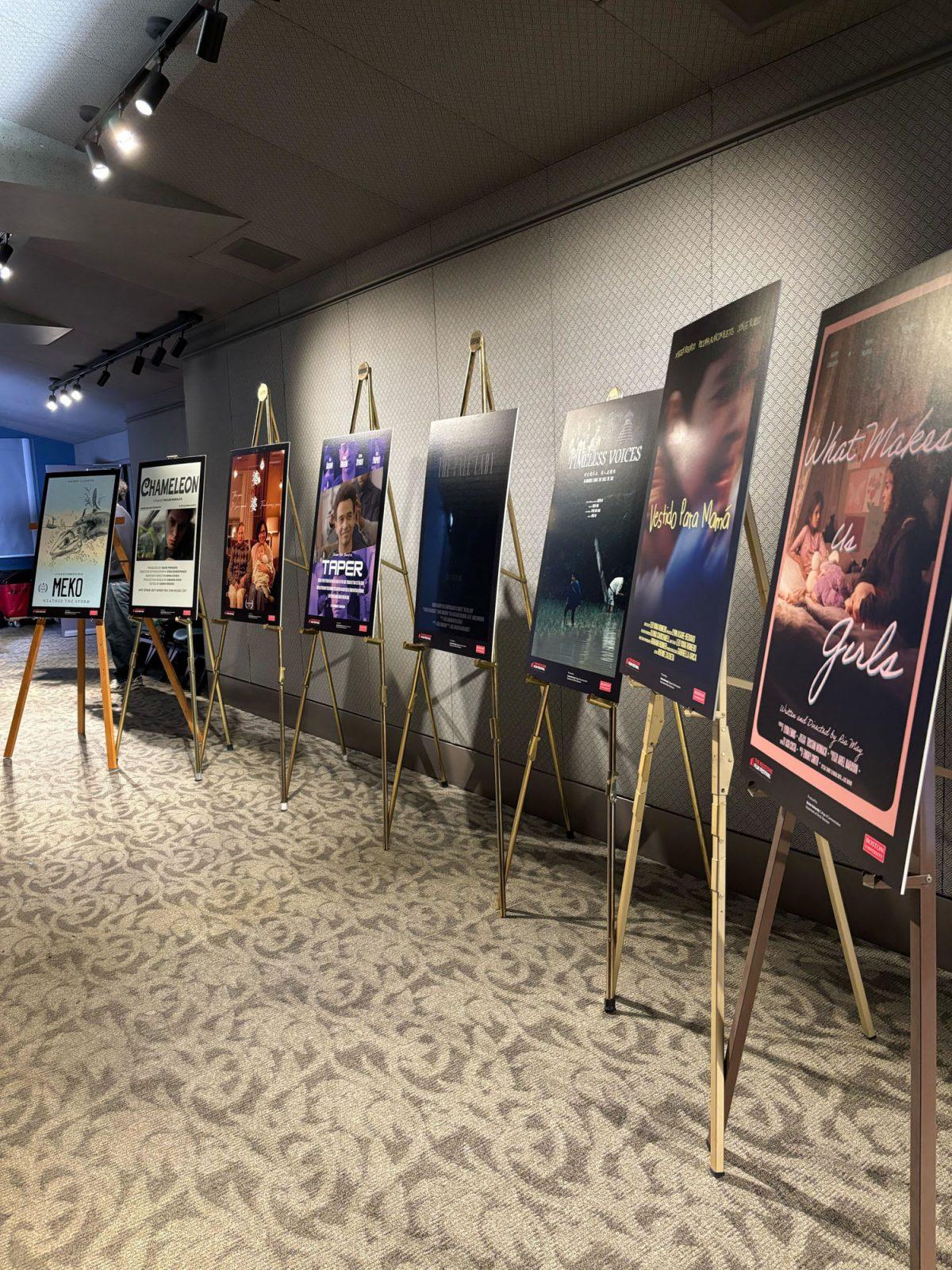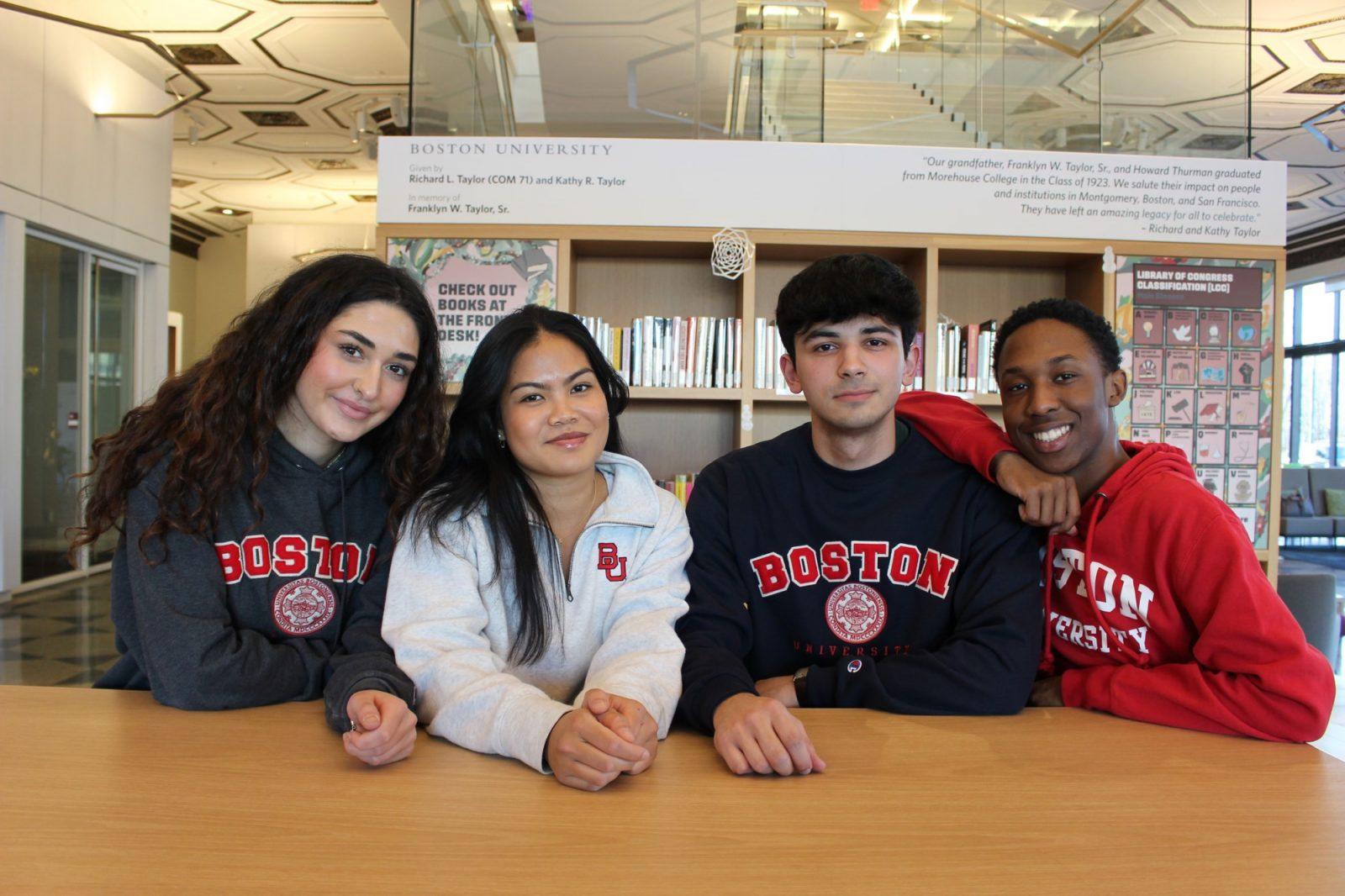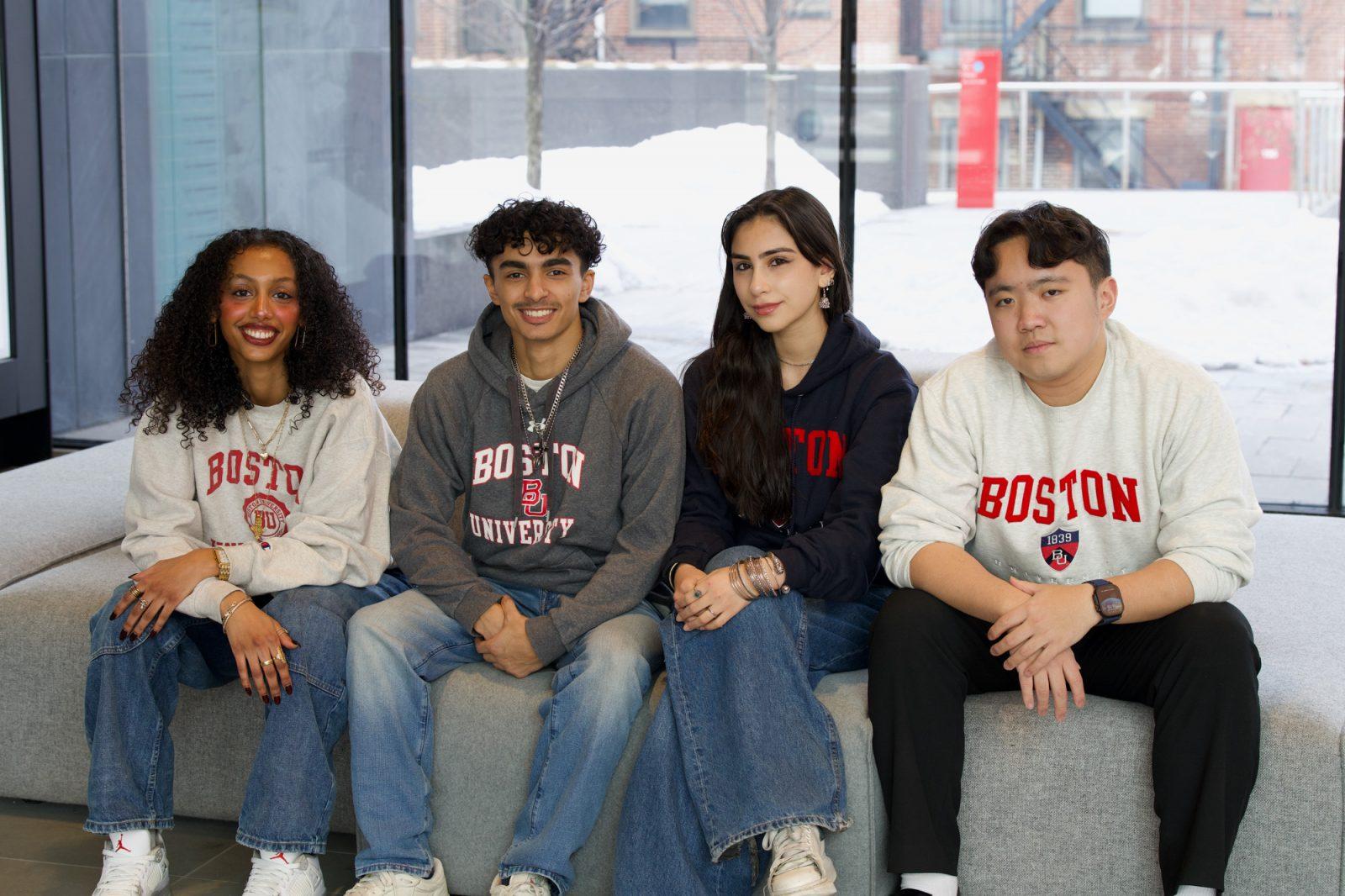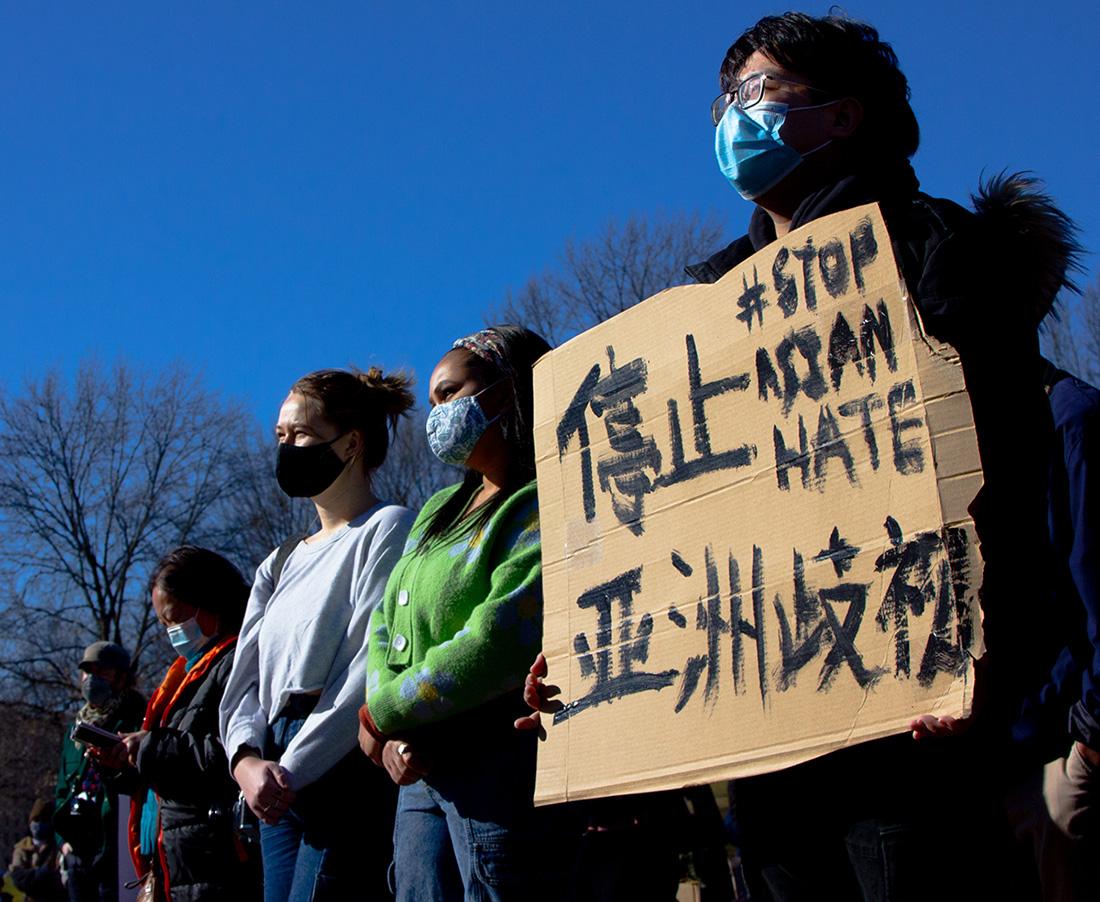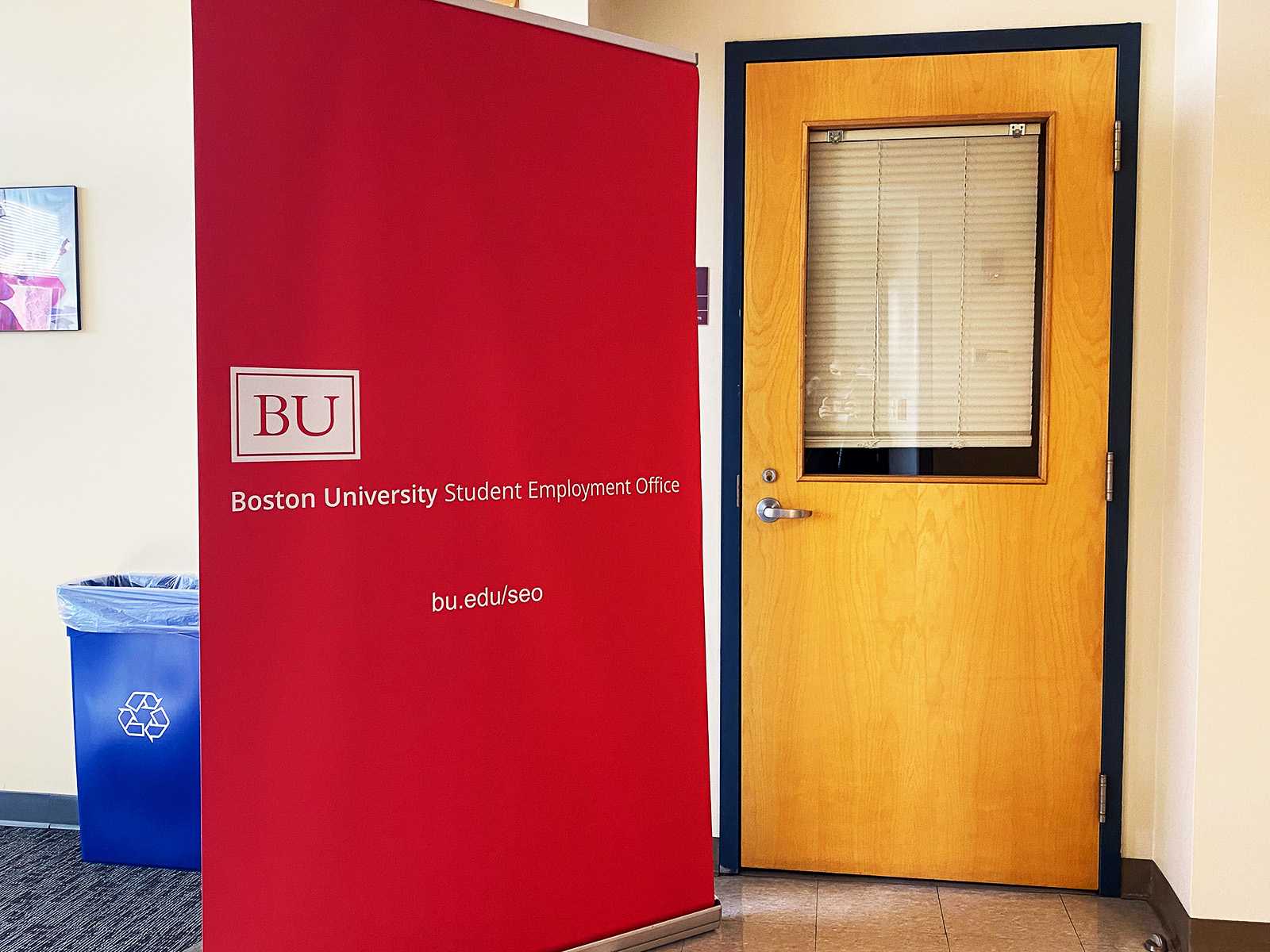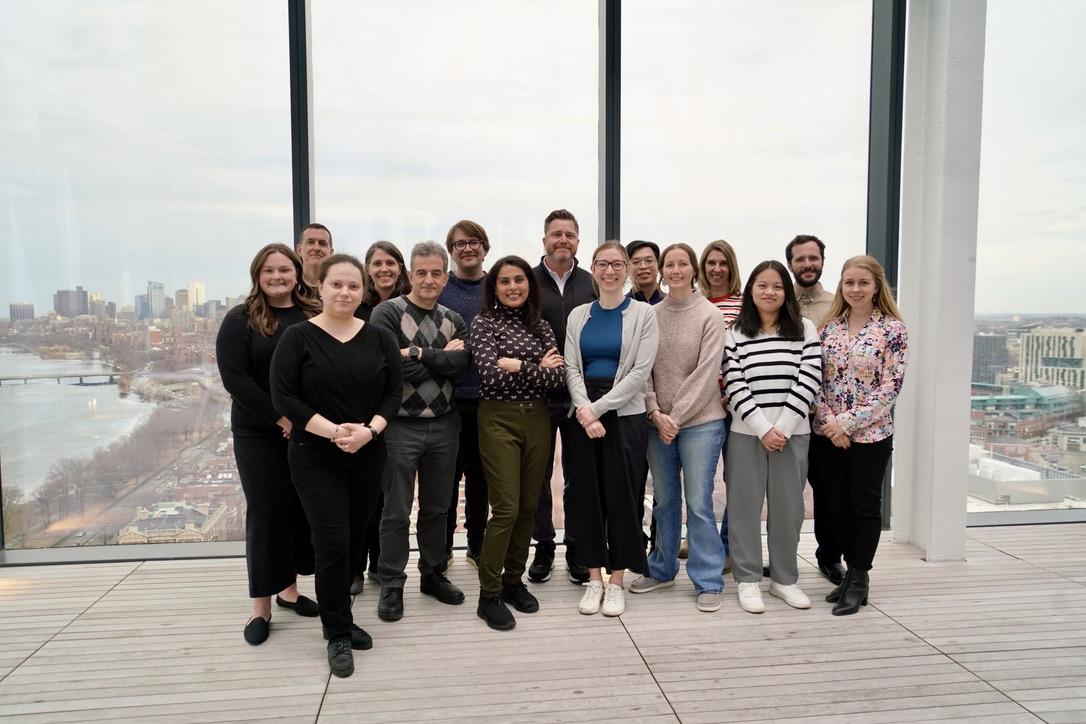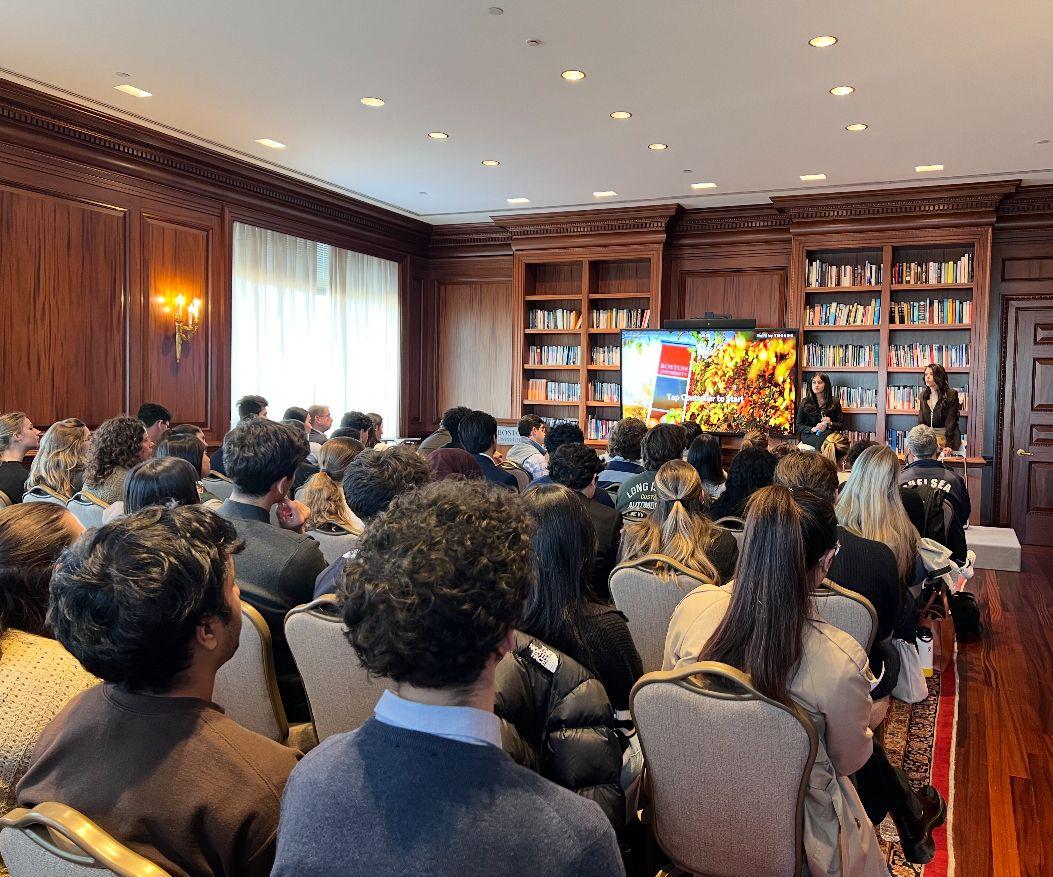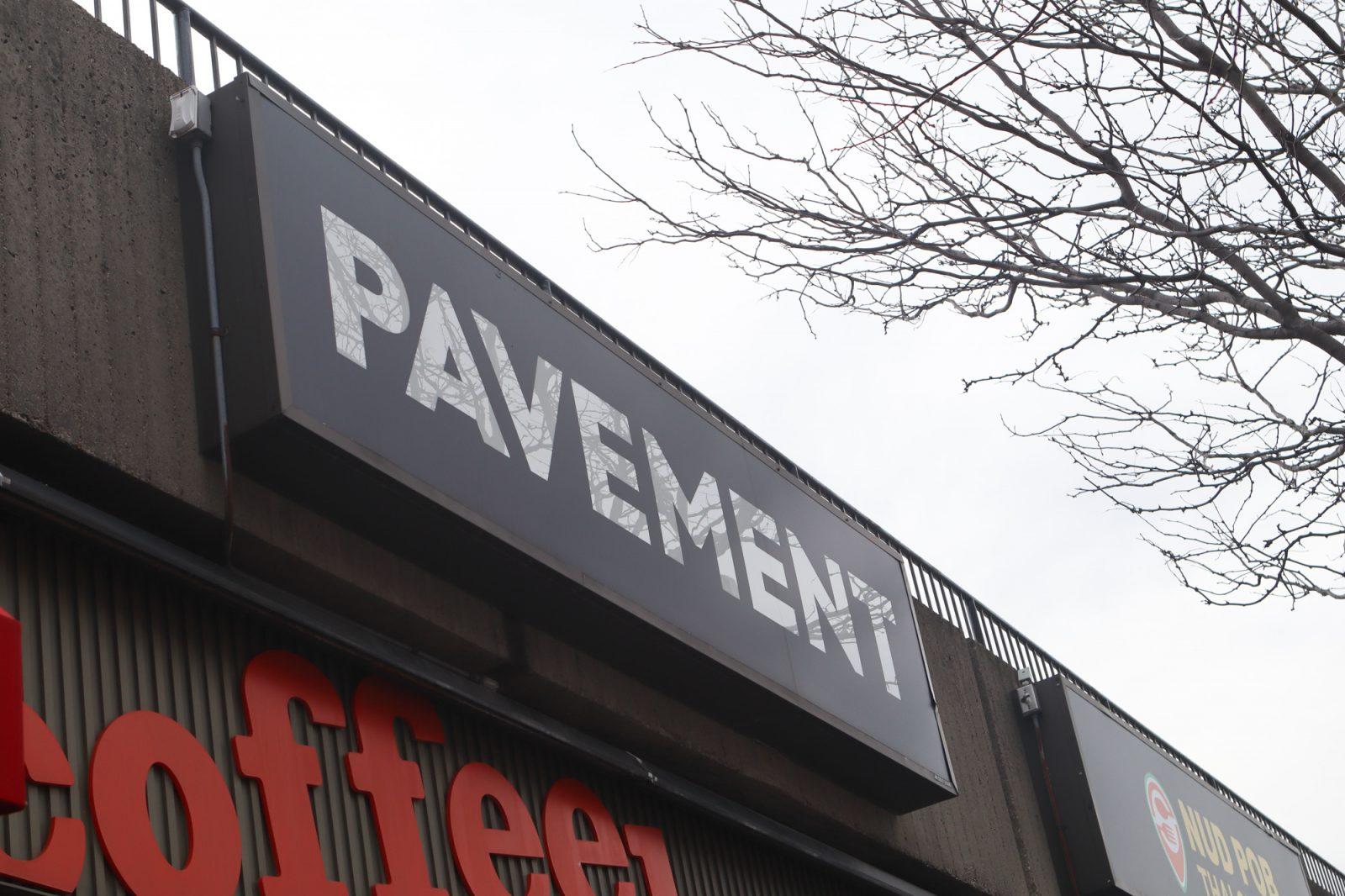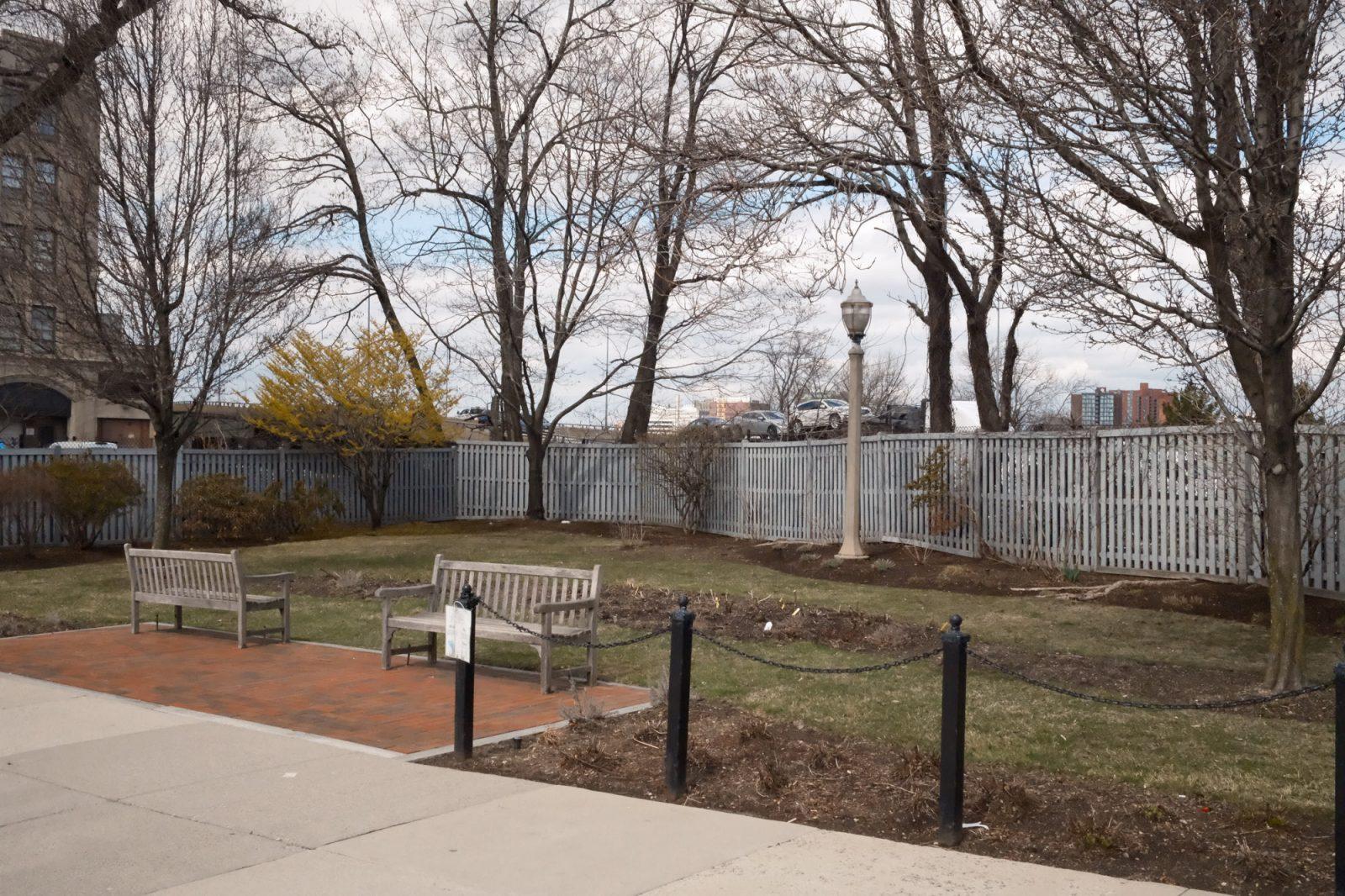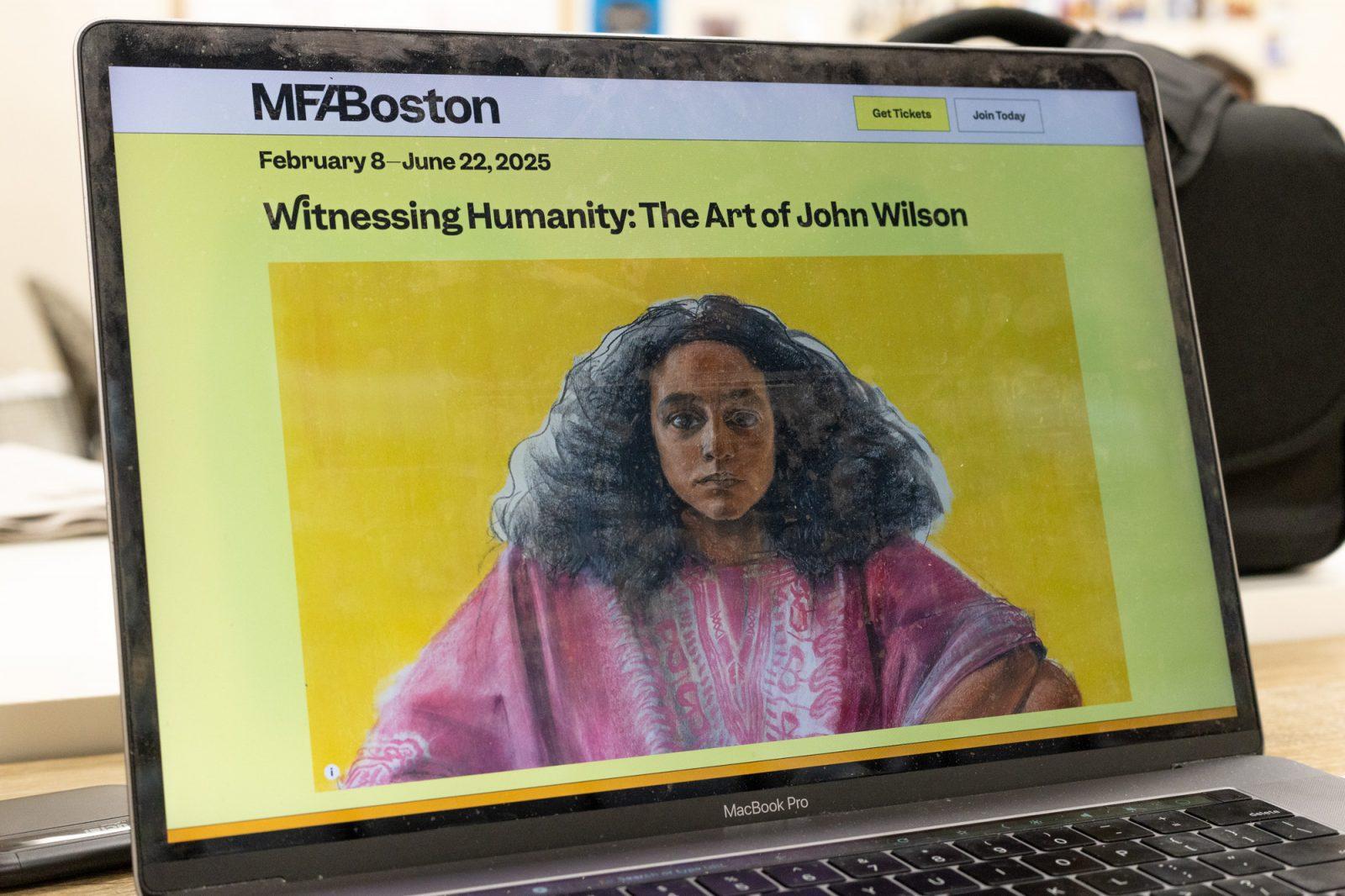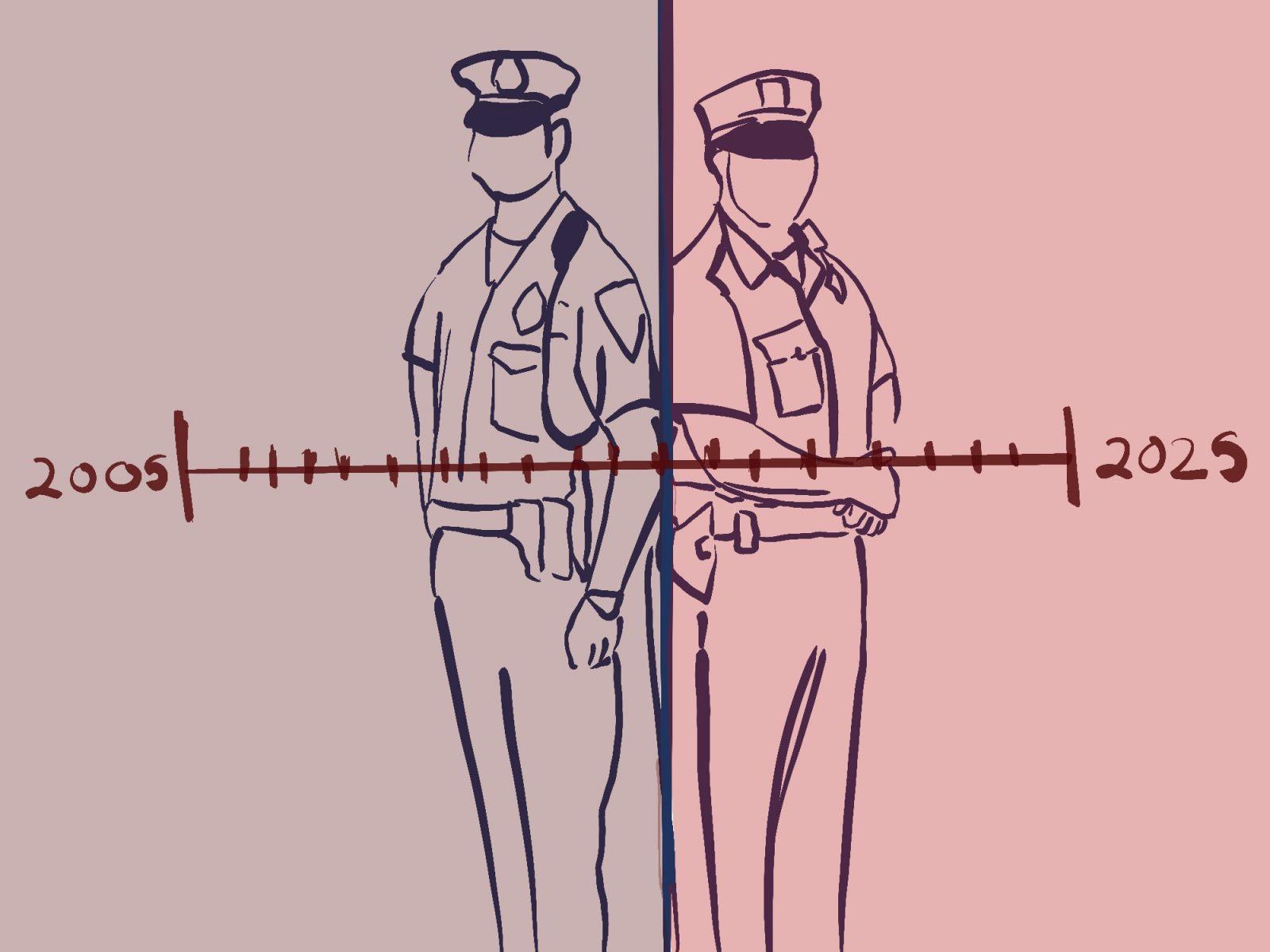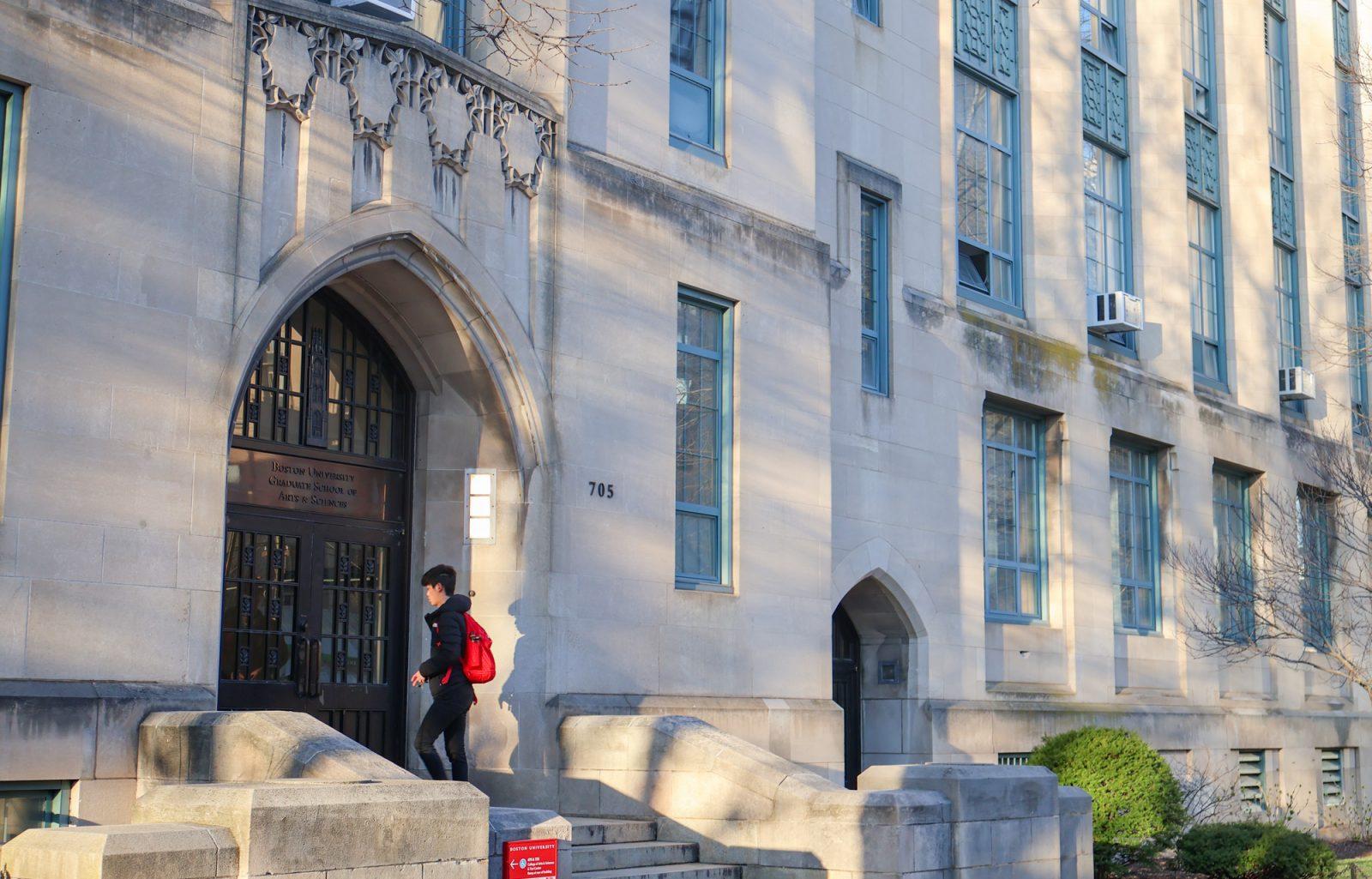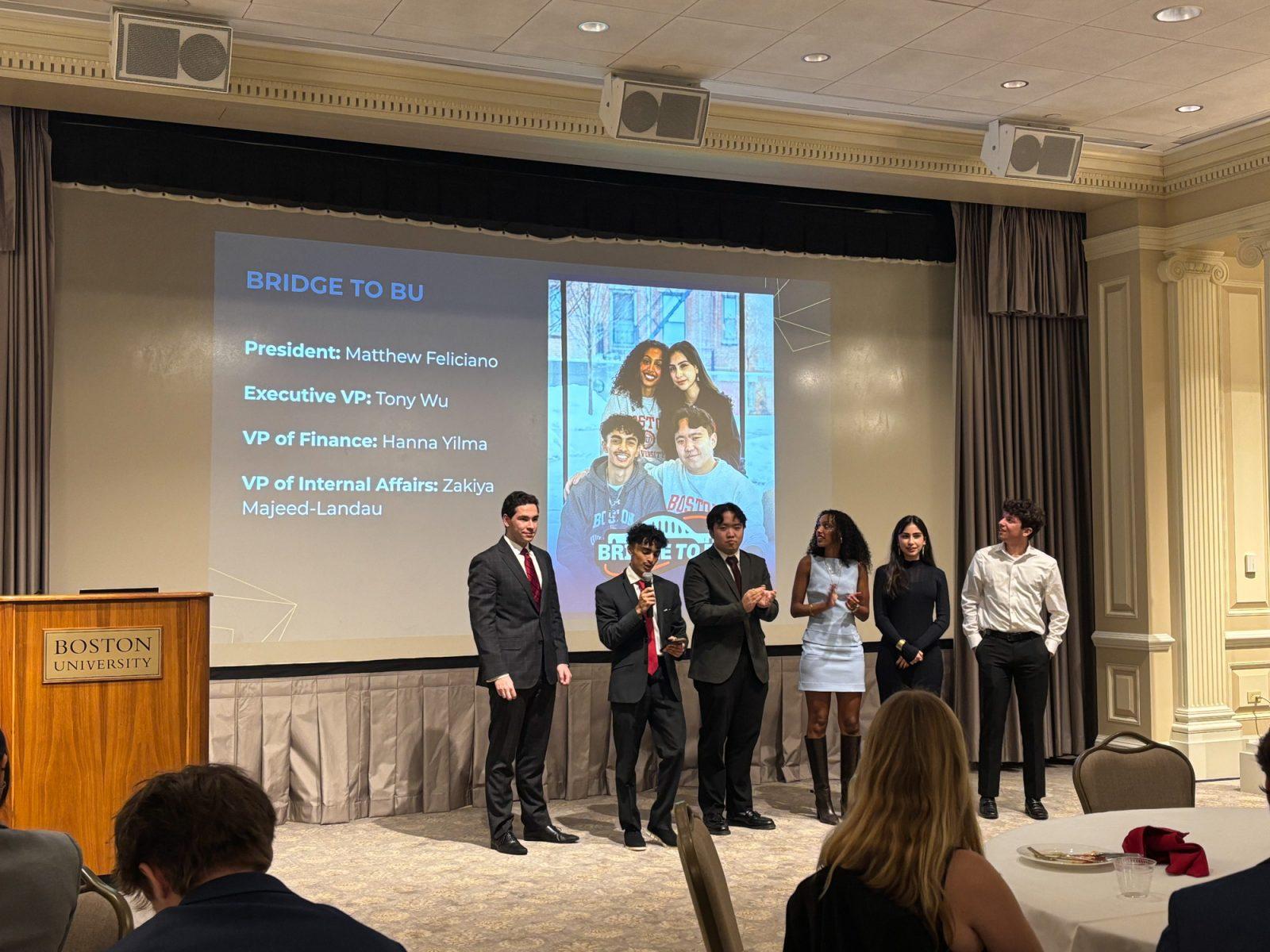The United States Department of Education announced in a Feb. 14 letter that schools had until Feb. 28 to cease all efforts considering race in decisions pertaining to scholarships, hiring, administrative support and more, threatening a potential loss of federal funding to institutions that do not comply.
This announcement comes in light of a 2023 Supreme Court decision to overturn race-conscious admissions at higher-level education institutions across the country. Following the decision, Boston University reported a 6% drop in Black student enrollment.

BU published a Frequently Asked Questions page Feb. 20 related to presidential executive orders regarding Diversity, Equity and Inclusion.
The FAQ covered questions regarding employment at the University, the content of certain classes and the status of groups or programs considered to be a part of DEI initiatives.
“The University is evaluating the impact of the recent executive orders, memos, agency guidance, and policy statements to the Boston University community and the important work our faculty and staff do every day,” the page reads. “The University will continue to monitor new guidance and developments and will inform you if it is determined that changes are required.”
Student Government President Akwasi Antwi said he wasn’t surprised by the memo, and saw it as a way to “stretch the 2023 Supreme Court decision against affirmative action to apply to federal funds.”
Antwi said StuGov shared its concern about the future of student cultural organizations and affinity groups on campus with the Dean of Students, and plans to extend its message to BU President Melissa Gilliam.
“These affinity groups provide a valuable space to connect, to sharing their culture, to share professional resources, [and for students] to get ahead in their career,” Antwi said. “There’s just so much value inherent in these organizations. [They] have been prevalent in colleges for forever.”
Antwi said this decision may discourage Black students from applying to predominantly white institutions in favor of historically Black colleges and universities.
“Our community is gonna get smaller, and that’s just to put it bluntly,” Antwi said. “A lot of these organizations, from [the African Student Organization] to UMOJA kind of thrive off of freshman engagement … and we already know from this year that there have been [fewer] Black freshmen than the past six years.”
Junior Cristell Bacilio said she is concerned about the future of Alianza Latina, a student organization intended to foster community among Latino students at BU.
Bacilio said she planned to join Alianza Latina before arriving at BU because it was her first time joining a predominantly white space after leaving her Hispanic community back home.
“For me, it’s just waiting to see what exactly BU is going to do and what statement they’re going to make,” Bacilio said. “I honestly don’t know what they’re gonna do. I’m concerned.”
Scholarship programs at BU such as Questbridge, that primarily serve students of Black and Latino descent, and POSSE, which aims to recruit a demographic mix in universities, may be at risk of losing funding.
Bacilio, a Questbridge scholarship recipient, said she was concerned with a potential fluctuation in Questbridge scholars, impacting first generation and low-income student enrollment.
“That’s my concern because they’re just as important to this community as any other student who’s paying full price tag,” Bacilio said.
Wendy Wei, a sophomore and Questbridge scholar, wrote in an email to The Daily Free Press she was concerned how the memo may hinder low-income students like herself to attend college and receive an education.
“How can something happen so suddenly, and how can they take away something that we have had for such a long time?” Wei wrote. “Are we all going to become drop-outs in a time when getting an undergraduate degree is not enough for the job market? It’s not just the educational aspect that becomes unclear, but my whole future that has been planned is at stake.”
Wei also stressed the importance of programs like Questbridge at predominantly white, affluent schools like BU.
“Beyond financial support, Questbridge fosters a community where students from similar yet diverse backgrounds can connect and support each other,” Wei wrote. “If race-based programs and scholarships come under attack, it raises concerns about whether programs like Questbridge might be impacted, even if they aren’t explicitly race-based.”

